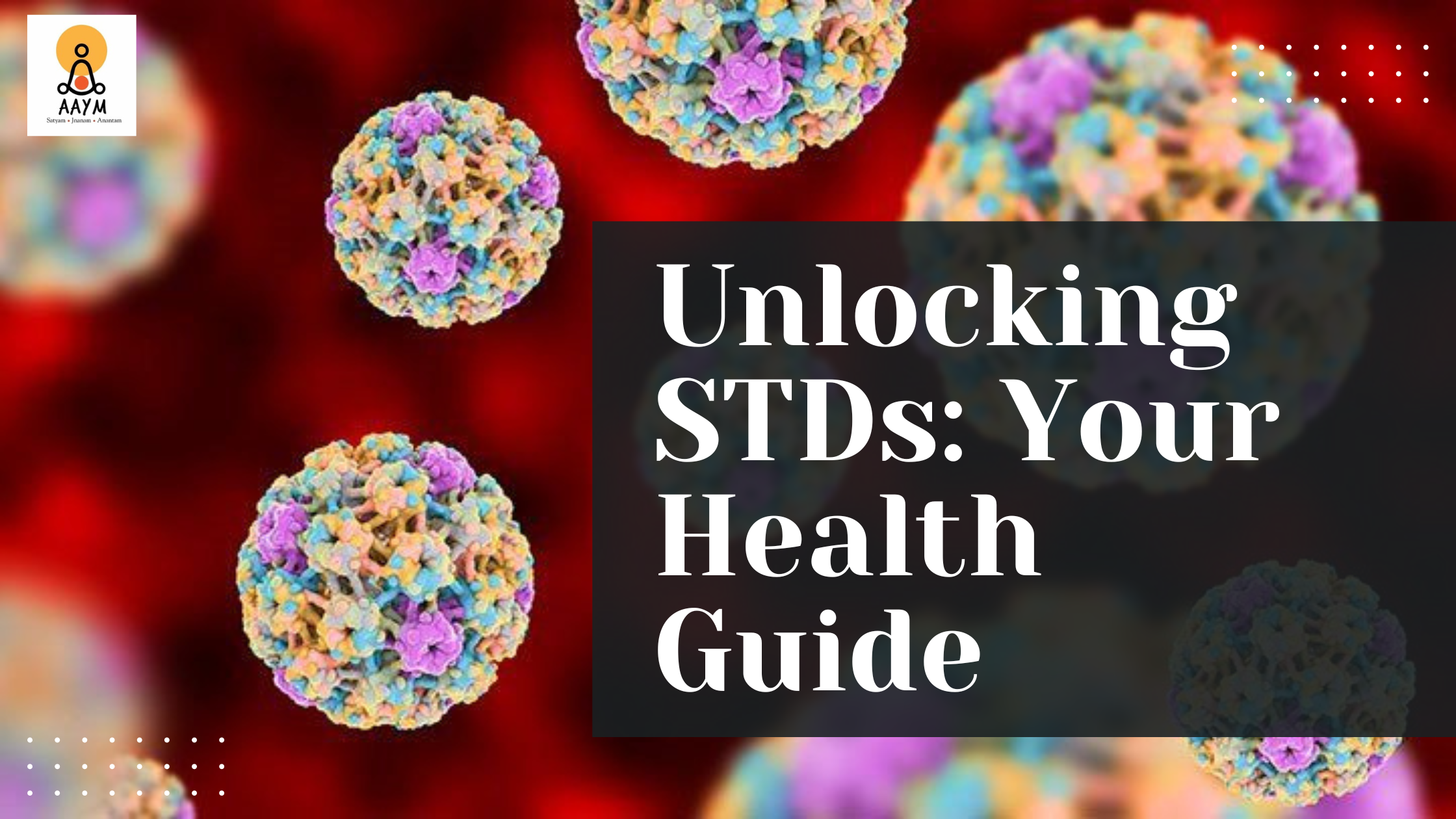Welcome to our newsletter, where we’re diving into a topic that’s super important but not always easy to talk about: sexually transmitted diseases (STDs). We’ll break it down for you, covering everything from what STDs are to how you can protect yourself.
But remember, multivitamins can’t do all the work alone. You still need to eat a balanced diet with lots of healthy foods. Multivitamins are just there to give you a little extra help. And it’s always wise to talk to a doctor before taking them to ensure they’re right for you.
Latest on STDs:
STD treatments do not prevent HIV infection. If you get treated for an STD, this will help to prevent its complications and avoid spreading STDs to your sex partners. Treatment for an STD other than HIV does not stop the spread of HIV.
According to the World Health Organization (WHO), around 370 million new cases of sexually transmitted infections (STIs) occur worldwide each year, with nearly half affecting young individuals.
New studies show that certain bacterial infections you can get through sex can make it easier to catch HIV, especially for people who are more likely to get HIV. These include men who have sex with men (MSM), transgender individuals, people who inject drugs, and female sex workers. So basically, if you have one of these infections, you’re more likely to get HIV if you’re in one of these groups.
STDs are infections that you can get through sexual contact. Yup, that means vaginal, anal, or oral sex. They come in different forms, like chlamydia, gonorrhea, herpes, and HIV/AIDS. And guess what? They’re pretty common, affecting millions of people worldwide.
There are several risk factors involved in this some are -: Bacteria, viruses, parasites, or fungi can cause STDs. Risk factors include unprotected sex, having multiple partners, and not getting tested regularly. So yeah, it’s essential to stay safe and know your status.
Some STDs have symptoms like itching, pain, or weird discharge, but others don’t show any signs at all. If left untreated, they can lead to serious problems like infertility or HIV/AIDS.
The best way to prevent STDs is to practice safe sex. That means using condoms every time you have sex and getting tested regularly, especially if you have a new partner. Oh, and limit your number of sexual partners, too.
If you do get an STD, don’t panic! Most STDs can be treated with medication. But it’s crucial to catch them early, so get tested regularly and seek treatment if you notice any symptoms.
There’s a lot of stigma around STDs, which can make it hard for people to talk about them or get tested. But the truth is, STDs are super common, and there’s no shame in taking care of your sexual health. Let’s break the stigma and encourage open conversations about STDs.
STDs are a big deal, but they’re also totally manageable. By practicing safe sex, getting tested regularly, and speaking openly about STDs, we can protect ourselves and our communities. Remember, your sexual health matters, so don’t hesitate to take care of it.
That’s it for this edition of our newsletter. Stay safe and stay informed!
But remember, multivitamins can’t do all the work alone. You still need to eat a balanced diet with lots of healthy foods. Multivitamins are just there to give you a little extra help. And it’s always wise to talk to a doctor before taking them to ensure they’re right for you.
Latest on STDs:
STD treatments do not prevent HIV infection. If you get treated for an STD, this will help to prevent its complications and avoid spreading STDs to your sex partners. Treatment for an STD other than HIV does not stop the spread of HIV.
According to the World Health Organization (WHO), around 370 million new cases of sexually transmitted infections (STIs) occur worldwide each year, with nearly half affecting young individuals.
New studies show that certain bacterial infections you can get through sex can make it easier to catch HIV, especially for people who are more likely to get HIV. These include men who have sex with men (MSM), transgender individuals, people who inject drugs, and female sex workers. So basically, if you have one of these infections, you’re more likely to get HIV if you’re in one of these groups.
STDs are infections that you can get through sexual contact. Yup, that means vaginal, anal, or oral sex. They come in different forms, like chlamydia, gonorrhea, herpes, and HIV/AIDS. And guess what? They’re pretty common, affecting millions of people worldwide.
There are several risk factors involved in this some are -: Bacteria, viruses, parasites, or fungi can cause STDs. Risk factors include unprotected sex, having multiple partners, and not getting tested regularly. So yeah, it’s essential to stay safe and know your status.
Some STDs have symptoms like itching, pain, or weird discharge, but others don’t show any signs at all. If left untreated, they can lead to serious problems like infertility or HIV/AIDS.
The best way to prevent STDs is to practice safe sex. That means using condoms every time you have sex and getting tested regularly, especially if you have a new partner. Oh, and limit your number of sexual partners, too.
If you do get an STD, don’t panic! Most STDs can be treated with medication. But it’s crucial to catch them early, so get tested regularly and seek treatment if you notice any symptoms.
There’s a lot of stigma around STDs, which can make it hard for people to talk about them or get tested. But the truth is, STDs are super common, and there’s no shame in taking care of your sexual health. Let’s break the stigma and encourage open conversations about STDs.
STDs are a big deal, but they’re also totally manageable. By practicing safe sex, getting tested regularly, and speaking openly about STDs, we can protect ourselves and our communities. Remember, your sexual health matters, so don’t hesitate to take care of it.
That’s it for this edition of our newsletter. Stay safe and stay informed!

